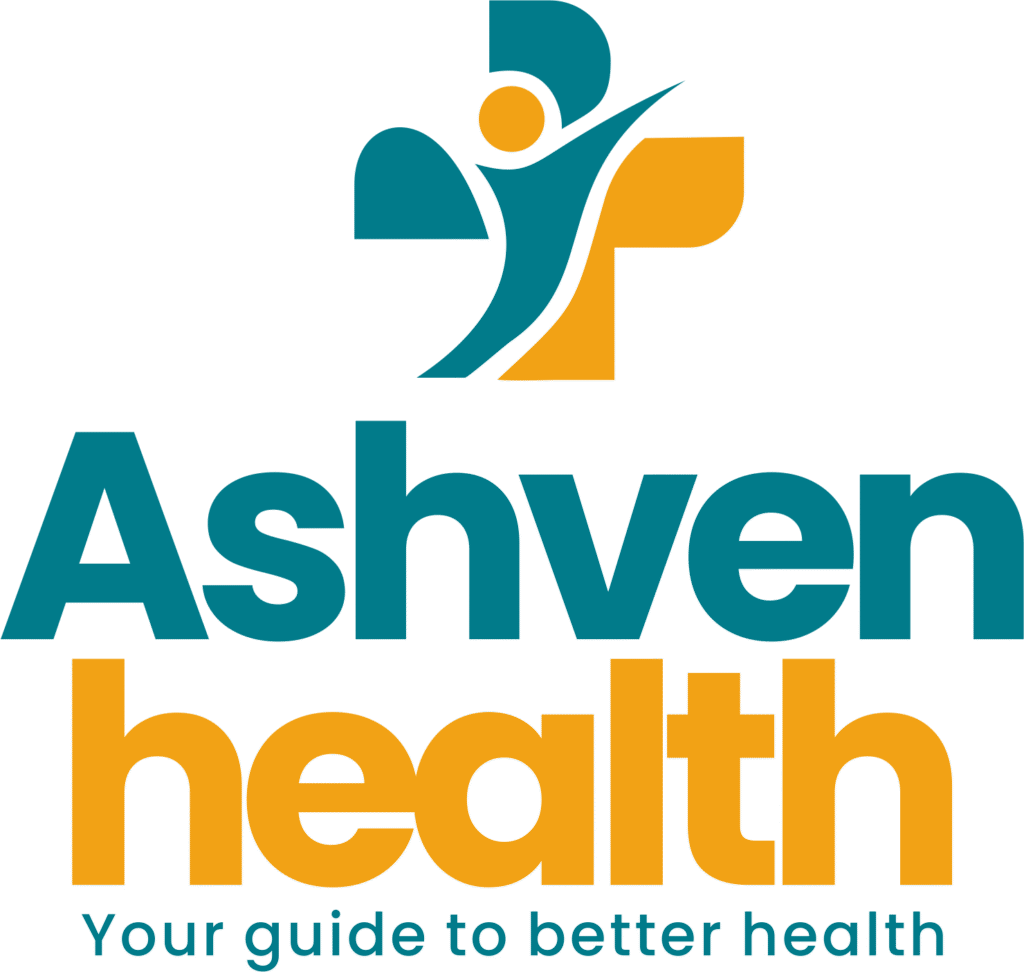Umbilical Hernia Treatment
Umbilical Hernia Treatment at Ashven Health
Advanced laparoscopic hernia repair with minimal scarring, faster recovery, and excellent long-term outcomes using the latest surgical techniques.
What is Umbilical Hernia?
An umbilical hernia occurs when tissues such as intestines or abdominal fat protrude through a weak section of the abdominal wall near the navel. It creates a noticeable bulge, especially when coughing, bending, or lifting. Although commonly seen in infants and children, adults may also develop this condition due to increased abdominal pressure.
Causes of Umbilical Hernia
Congenital Factors
- Obesity and excessive abdominal fat
- Multiple pregnancies
- Chronic cough or constipation
Another Factors
- Previous abdominal surgeries
- Weak abdominal wall present at birth
- Heavy lifting or straining
Symptoms of Umbilical Hernia
Common Signs
- Swelling or lump near the navel
- Pain or discomfort during physical activity
- Pressure or aching sensation in the abdomen
When to Seek Help
- Prevent Serious Complications
- Avoid Worsening Pain and Discomfort
- Get an Accurate Diagnosis
- Plan Safe and Effective Treatment Early
Diagnosis of Umbilical Hernia
Diagnosis typically begins with a physical examination by a healthcare provider. Additional tests such as ultrasound or CT scans may be recommended to assess the extent of the hernia and check for complications like strangulation or bowel obstruction.
Laboratory Tests
Blood tests may be done to check for signs of infection or inflammation, especially if strangulation or bowel obstruction is suspected.
Medical History Review
A detailed history helps identify risk factors, past surgeries, and symptoms that guide diagnosis and treatment planning.
Hernia Risk Evaluation
Doctors assess lifestyle, occupation, and physical activity levels to determine the risk of hernia progression or recurrence.
Treatment Options for Umbilical Hernia
Laparoscopic Hernia Repair
At Ashwen Health, our surgeons specialize in minimally invasive laparoscopic techniques to treat umbilical hernias with precision and safety. This modern approach uses tiny incisions, leading to less pain, faster recovery, and fewer complications. Patients can resume daily activities more quickly compared to traditional surgery.
Procedure Benefits
- Minimally invasive with small incisions
- Lower risk of infection and complications
- Shorter hospital stay and faster healing
- Less postoperative pain
Recovery Advantages
- Quick return to work and normal activity
- Minimal discomfort during recovery
- Lower recurrence rates with mesh repair
- afe for obese or high-risk patients
Why Choose Ashven Health for Umbilical Hernia Treatment?
Highlights:
Ashven Health is equipped with state-of-the-art surgical suites and advanced diagnostic tools, ensuring precise treatment and improved outcomes.
- Minimally invasive technology
- On-site ultrasound and imaging facilities
- Modern recovery rooms and post-op care
- Infection-controlled surgical environment
Cost and Insurance Coverage
Our surgeons have extensive experience in laparoscopic umbilical hernia repair, delivering high success rates and outstanding patient outcomes with minimally invasive techniques.
Pre-Surgery Preparation
- Pre-operative consultation and insurance verification
- Medication adjustments and policy check
- Fasting & admission instructions
- Documentation and financial counseling
Post-Surgery Recovery
- Insurance-covered hospital stay (if required)
- Rehabilitation support included in plan
- Scheduled follow-ups coordinated with insurance
- Claim assistance and billing transparency
Risks & Complications
Like all surgical procedures, umbilical hernia repair carries some risks. However, laparoscopic surgery significantly reduces these risks compared to open surgery.
Minimal Risks with Ashven Health
Sterile and controlled surgical environment
Highly experienced and skilled surgical team
Advanced patient monitoring systems
Comprehensive post-operative follow-up care
Minimal Risks
Infection (less than 1%)
Bleeding or hematoma
Temporary numbness or discomfort
Rare chance of hernia recurrence
Frequently Asked Questions
Most patients recover within 1 to 2 weeks for minor activities, with full recovery and return to heavy lifting usually around 4 to 6 weeks.
Laparoscopic repair is minimally invasive, leading to less pain, quicker recovery, smaller scars, and lower risk of infection compared to open surgery.
Many insurance plans cover laparoscopic hernia repair. We recommend contacting your insurance provider beforehand, and our team can assist with insurance verification and paperwork.
In some cases, especially in infants, umbilical hernias may close naturally by age 1 or 2. However, in adults or if the hernia causes pain or complications, surgical repair is usually recommended.
Meet Our Expert Surgeons

Dr. Saurabh Kumar Goyal
General, Laparoscopic, Proctologist, Bariatric Surgeon based at VNA
Renowned for minimally invasive hernia and bariatric surgeries, combining precision with compassionate care.

Dr. Parmeshwar Babulal
General & Laparoscopic Surgeon and Proctologist at Shree Hospital, Pune.
Known for his expertise in laparoscopic and proctology procedures and a practice marked by patient trust and consistent outcomes.

Dr. Santosh Kishor Naik
General, Laparoscopic, Bariatric, Vascular & Endovascular Surgeon
Expert in advanced surgeries with a patient-centered, technically precise approach.

Dr. Adarsh Kumar
General, Laparoscopic Surgeon, and Proctologist
Focused on minimally invasive procedures that ensure quick recovery and minimal discomfort.

Dr. Deepak Kumar Sinha
General Surgeon
with over 20 years of experience
Specializes in laparoscopic and proctology surgeries, delivering high success and patient satisfaction rates.

Dr. Balakrishna Mallu Naik
General Laparoscopic, Bariatric and Proctology surgeon
Known for his expertise in laparoscopic and proctology procedures and a practice marked by patient trust and consistent outcomes.
